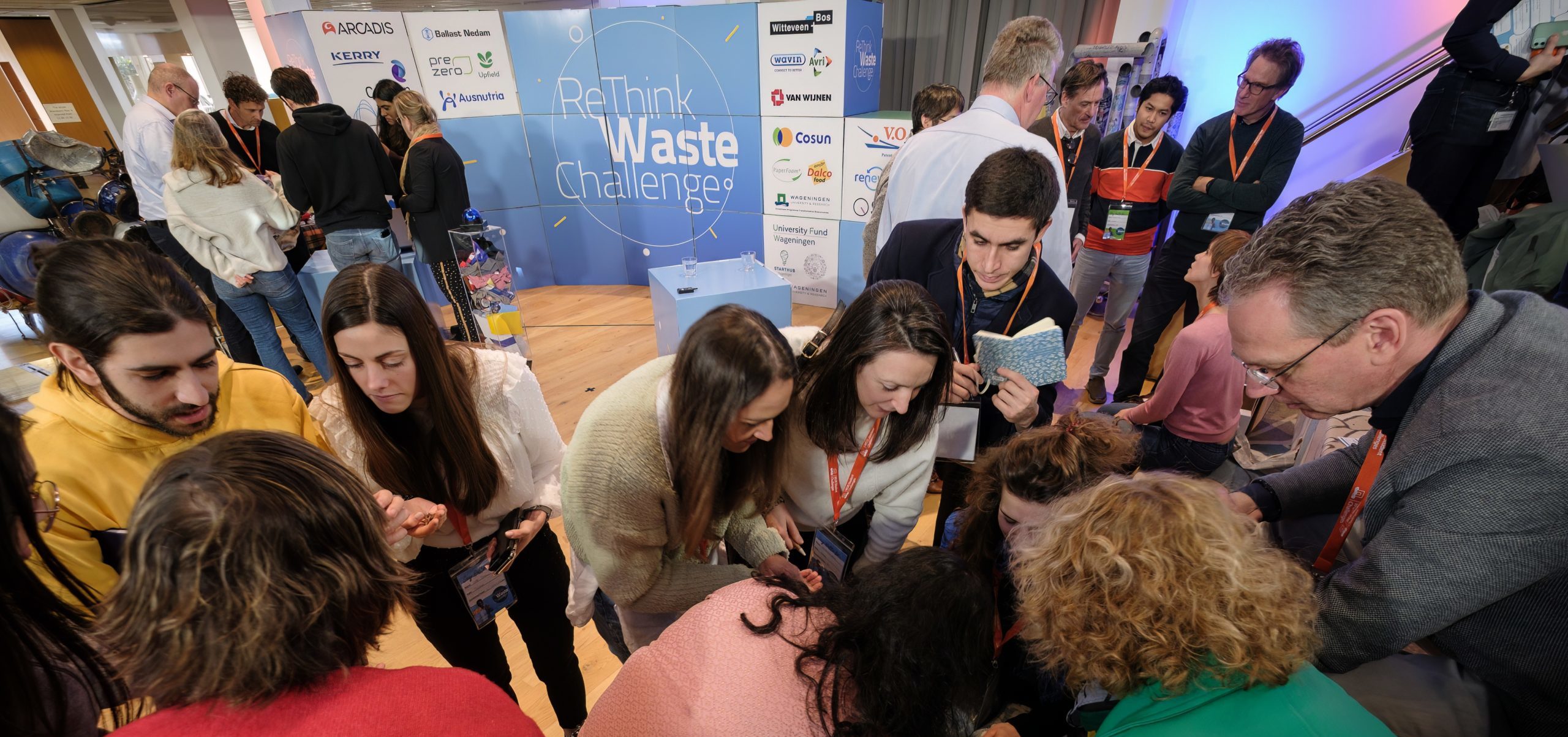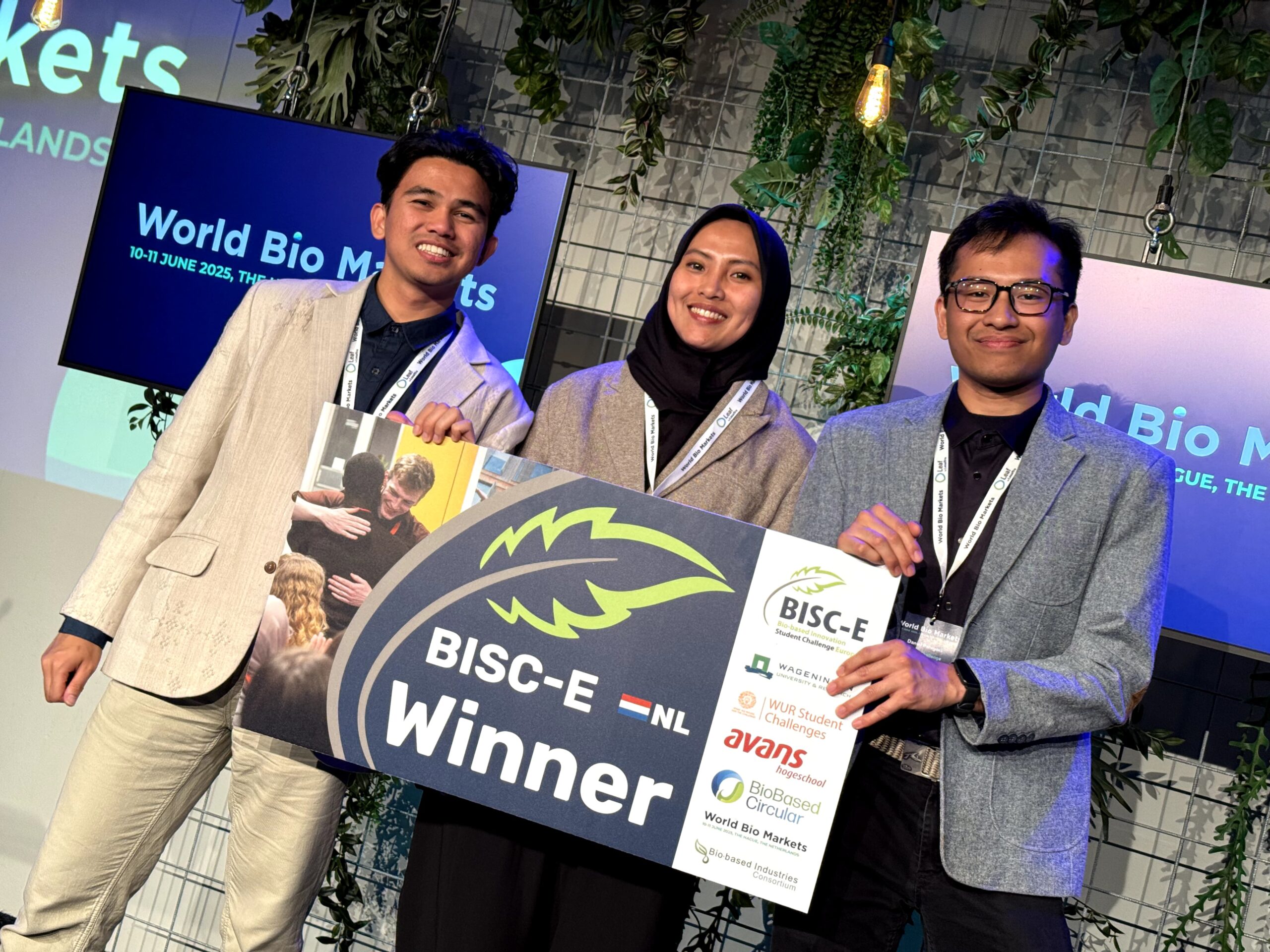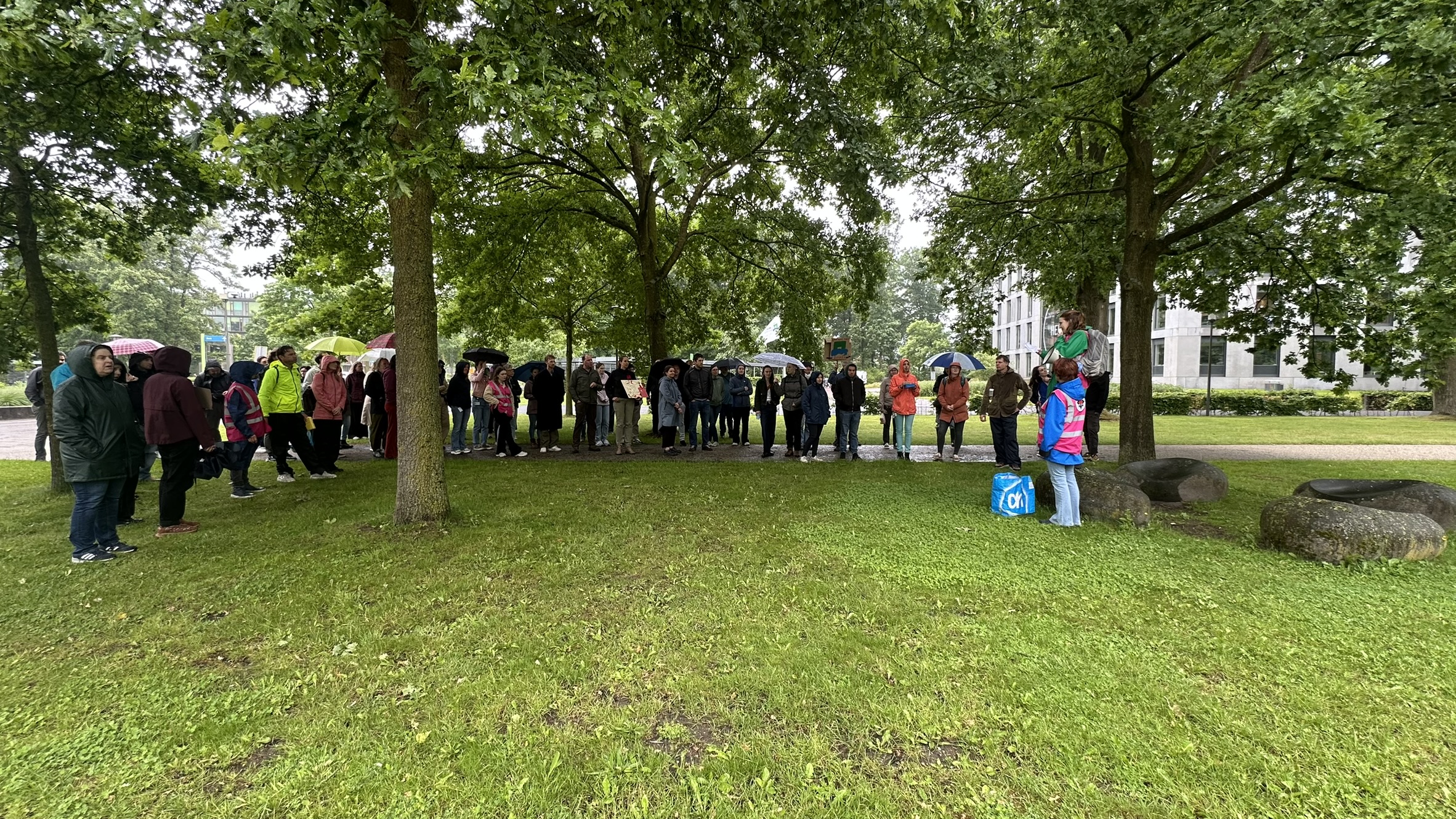The Wageningen Student Challenges easily take up half a year of students’ time. The challenges are of a considerable scale and open to teams from all over the world. Because this amount of time is too much for some students, two shorter challenges will be developed. The first is to start in the spring.
The challenges started five years ago. The teams, mostly made up of students from different disciplines, tackle multidisciplinary assignments such as designing an urban greenhouse, developing climate-proof future plans for river deltas or transforming waste streams into products that have value.
The student challenges are popular among students: 97 per cent of the participants from Wageningen valued them (immensely), according to the 2021 Alumni Survey. But participating is quite a commitment. ‘A Student Challenge easily takes half a year’, says Marta Eggers of the Student Challenges team. ‘Some students enjoy fully immersing themselves in it, but it may present too much of a commitment for others. Hence, we will organise two shorter challenges or hackathons so that this latter group can also get involved in student challenges.’
The first hackathon is set to take place in the spring of 2024. Eggers: ‘Participants will tackle a case presented by the municipality of Rotterdam about waste processing in ten days. The challenge is to figure out how more green household waste can be collected while at the same time ensuring the waste contains fewer items that don’t belong there, such as plastic bags. Ridding the waste stream of contaminants ensures it can be composted and reused. A second hackathon will take place in the fall of 2024 and may focus on textiles.’
Future perspective
The large-scale challenges will also continue. For example, the Nature Based Future Challenge, from the end of November to and including next June. This challenge has students design a nature-inclusive future perspective for the Ganges-Brahmaputra-Meghna delta in Bangladesh in the year 2100. The challenge is inspired by Tim van Hattum’s future perspective for the Netherlands. The climate expert will deliver a master class on ‘Designing the Future’ with the World Wildlife Fund’s Maheen Khan from Bangladesh. Register here.

 ReThink Waste Challenge. Photo Guy Ackermans
ReThink Waste Challenge. Photo Guy Ackermans 

